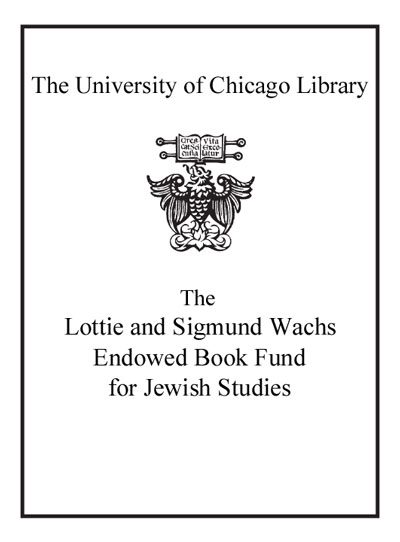Review by Choice Review
Rovit (Univ. of Kansas) offers a thoroughly researched and documented history of the Kulturbund Deutsche Juden (Cultural Association of German Jewry) theater, demonstrating the fluidity of cultural identity and ideology and the power of art-making under duress and in the face of ambiguous directives from the Nazi command. Relying on archival material and interviews with surviving performers, the author constructs a chronological narrative in nine chapters (in three sections), chronicling the inception, growth, and eventual disbanding of the only Jewish theater over its eight seasons (1933-41). A vivid picture emerges from the narrative of the remarkable strategies that artistic directors Kurt Singer, Werner Levie, and Fritz Wisten employed to present a wide variety of plays and entertainments (including a surprising amount of Shakespeare) to the increasingly devastated Jewish community of Berlin--including the necessary cuts, changes in translations, and rewrites necessary to pass the Nazi censors. Choice of plays often reflected community concerns (Zionism, diaspora, the need for solace in difficult times) and the increasingly bleak mood of the audience. Detailed production histories and insightful analysis make this book a required resource for theater history. Summing Up: Essential. Upper-division undergraduates through faculty and professionals; general readers. K. J. Wetmore Jr. Loyola Marymount University
Copyright American Library Association, used with permission.
Review by Choice Review

